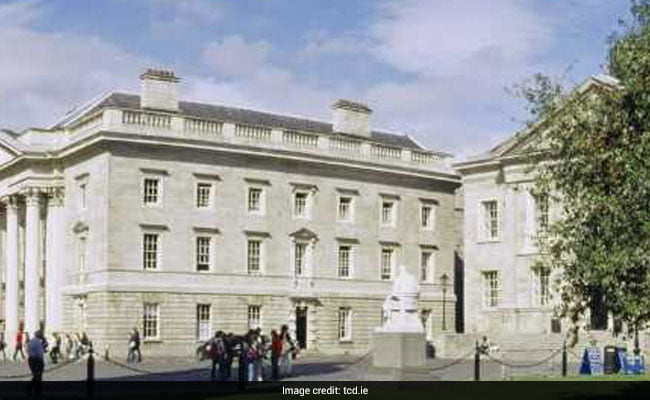
“A new country, new culture, new people… it was not a walk in the park but definitely a life-changing experience” is how Jessica Tradati, an Italian student who studied in Manchester for two semesters, would describe her time on Erasmus.
The Erasmus programme is known for providing students an unforgettable cultural exchange abroad; more than three million students across Europe have participated in this foreign adventure over the last 27 years.
This EU-funded project always had the objective to provide education and training in another European country. It was also a way to become more familiar with other parts of Europe, meet friends there and thus develop a European identity.
But times have changed, and so has Erasmus, which has been rebranded as Erasmus+.
The youthful romanticism of living abroad is being replaced by something with a more strategic purpose.
Europe is facing serious problems relating youth unemployment and a lack of skills. 26 million people across Europe are unemployed, of which nearly six million are young people. In the UK, the youth unemployment rate reached more than 20 per cent in 2013.
The new Erasmus programme tries to tackle these crucial social and economic problems. The scheme will give young people the opportunity to study or train abroad to boost their skills and employability. The strong emphasis on workplace skills distinguishes the new programme from the old one. Erasmus+ marks a new partnership between all the actors at all levels, from the local to the European to the global.
Androulla Vassiliou, the European Commissioner responsible, launched Erasmus+ last week in Berlin. Recently, the roadshow was in London.
“The world of education is itself globalising and facing a set of common challenges that demand the cross-border transfer of innovation,” she said.
The Dutch philosopher, Erasmus of Rotterdam, after whom the programme is named, worked in many places in Europe to expand his knowledge and gain new understandings. Vassolliou hopes that the exchanges between students from different countries continue to “open minds and changing lives”.
She talks about a paradox we are facing in Europe. While unemployment rates are still very high, there are two million jobs across Europe waiting for the right candidates.
“The underlying problem is the lack of good vocational education,” says Vassiliou. She suggests that reforming our systems of vocational education and training will form part of the response to this paradox. Countries with strong vocational systems often enjoy lower levels of youth unemployment.
“Erasmus+ will help to address this skills gap by providing opportunities for people to study, train or gain experience abroad,” Vassiliou says.
Skills Minister Matthew Hancock welcomed the expanded project, saying it was “absolutely realistic” to provide exchange visits for vocational learners as well as university students.
Despite radical cuts in the overall EU budget, the Erasmus+ programme has received a 40 per cent increase with almost 15 billion euros (£12 billion) over the next seven years.
The programme will broaden its reach and offer grants for four million people to study, train, gain work experience and study abroad. In the UK, around 250,000 students, apprentices, teachers and youth staff are expected to benefit from the grants between now and 2020.
The British Influence Director Peter Wilding said: “The message for our children and grandchildren is: Europe is not this scary, foreign place some paint it to be. Europe is your oyster, your playground, your backyard.”
The British council will manage the programme in the UK.
[Source:- Independent]




